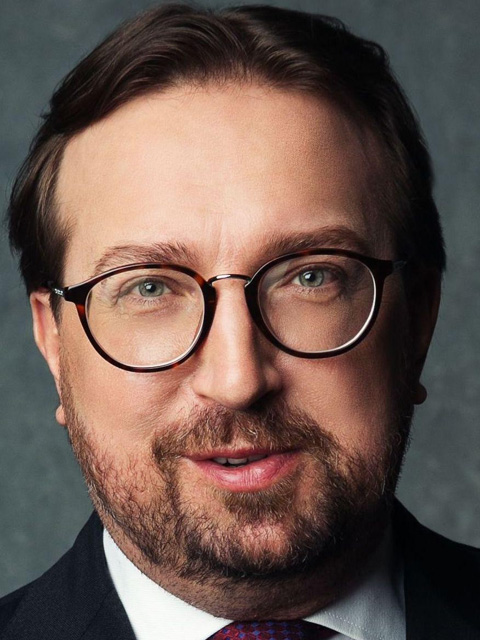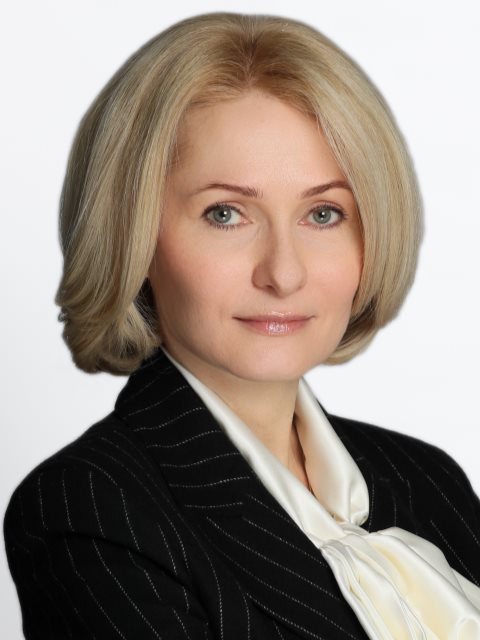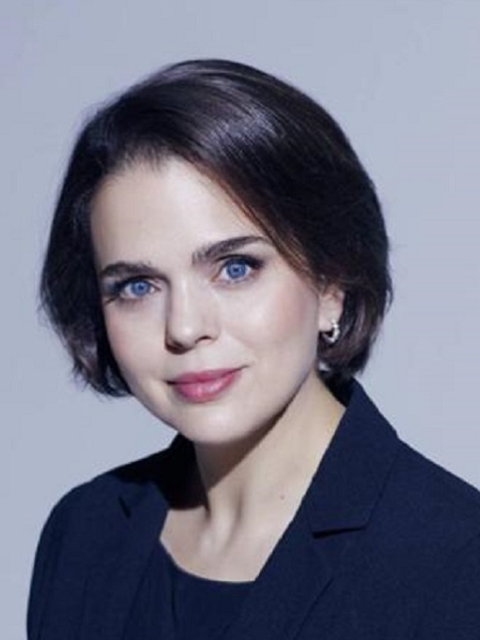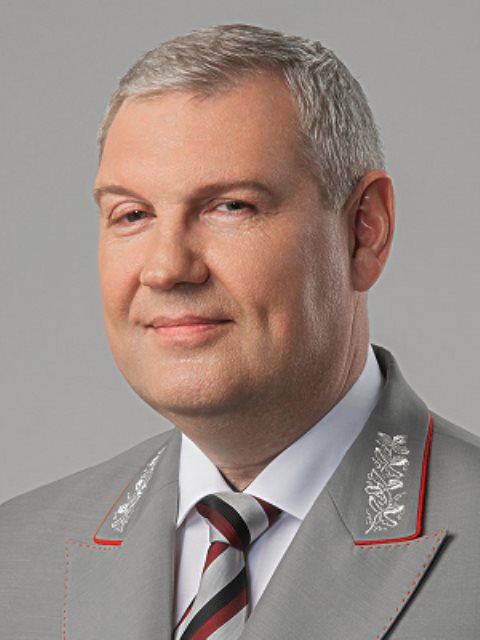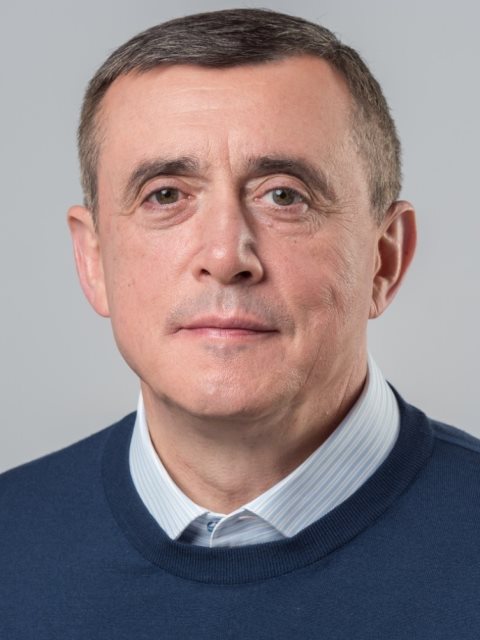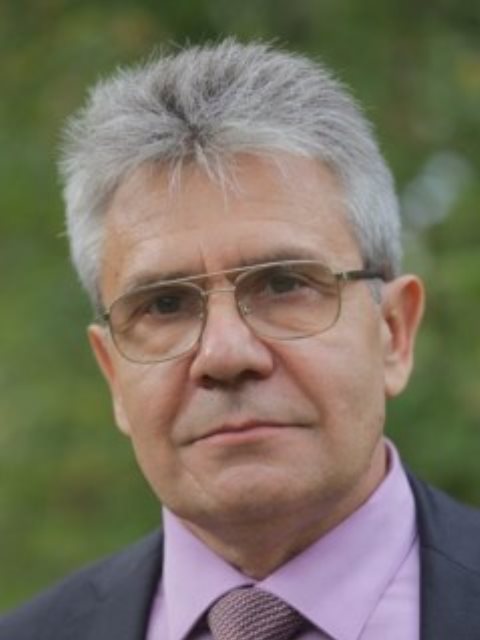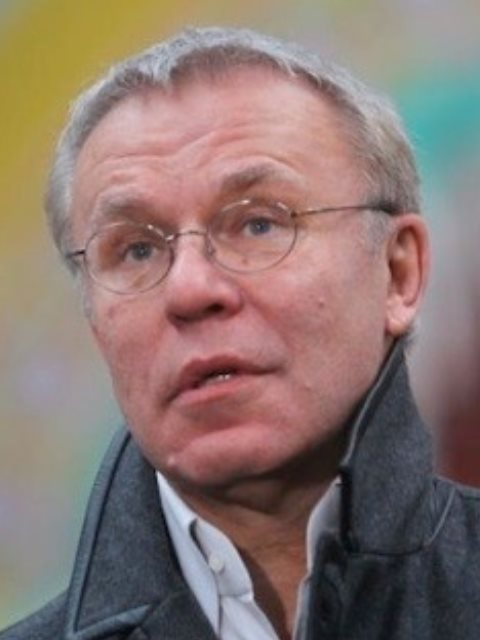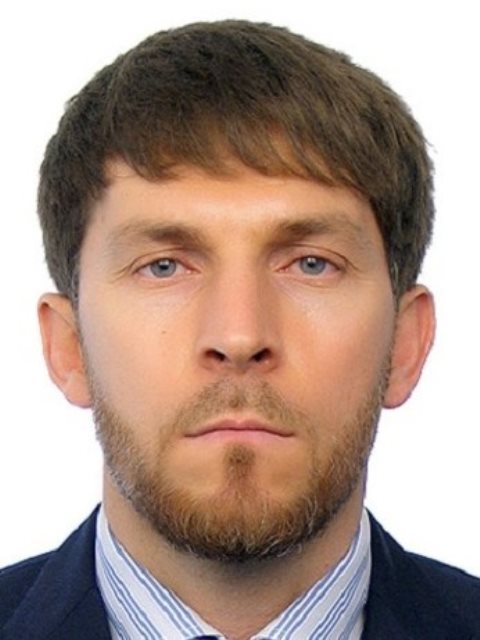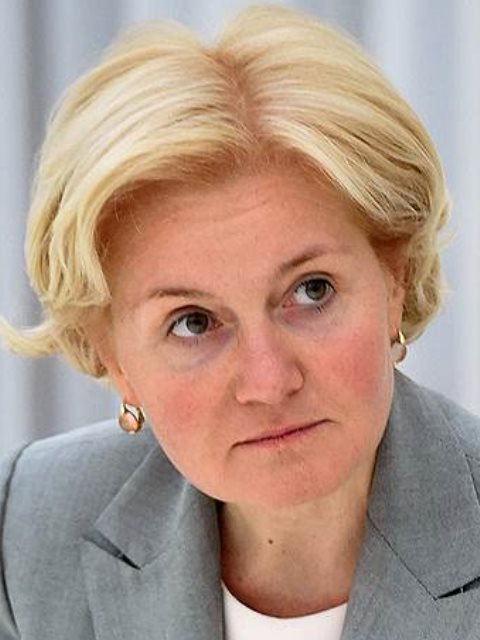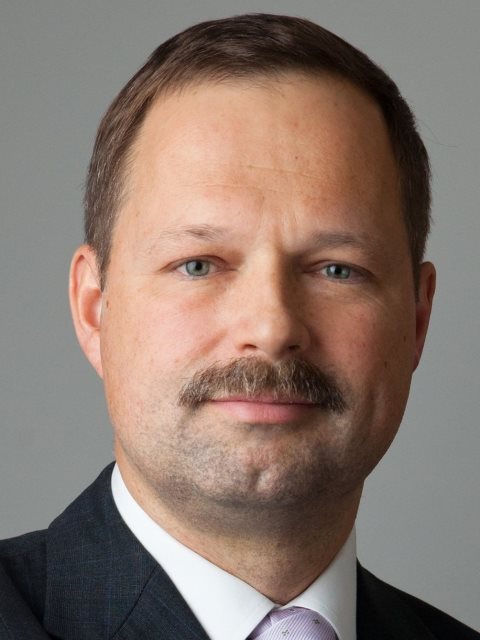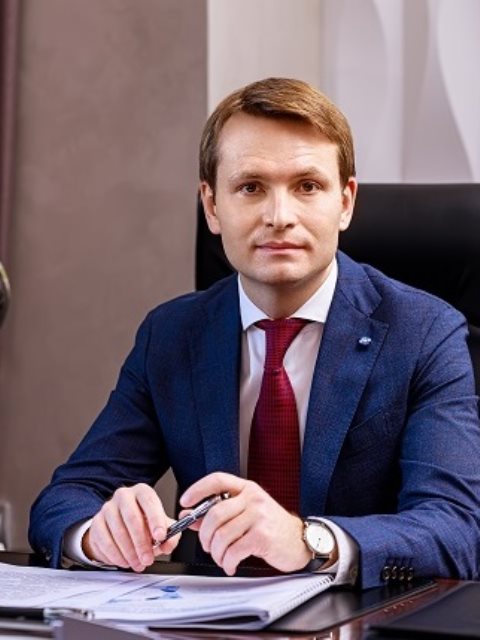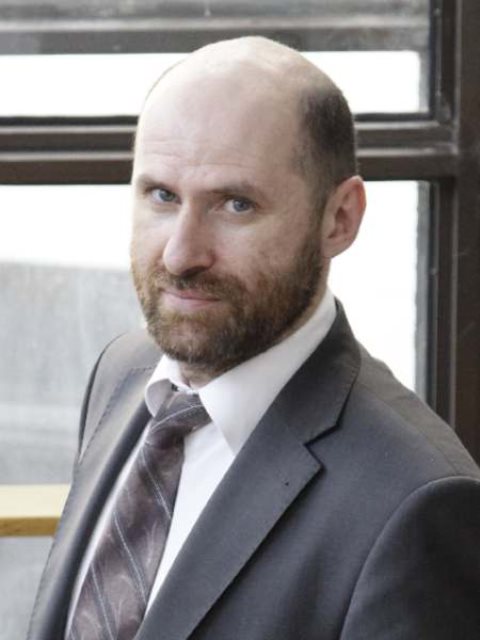A Healthy Climate: What Does It Look Like?
Global climate change is the most serious problem facing modern man. All the world’s leading nations have recognized this fact. Russia’s role in this process is unique: its natural ecosystems play a key role in solving the world’s climate problems. In 2019, the Russian Federation joined the Paris Climate Agreement, which calls upon countries to curtail growth of the Earth’s overall average temperature to remain within 1.5–2°Ϲ. Russia is a global environmental donor, the largest country in the world in terms of area, and almost half of its territory is occupied by forests, which absorb significant amounts of the greenhouse gases entering the planet’s atmosphere as a result of human economic activities. Russia is also one of the most water-rich countries on the planet, with the world’s largest reserves of fresh water. We possess a multitude of lakes, rivers, swamps, and seas. 7.5 million square kilometers of shorefront territory in the Russian Federation play an important role in maintaining the balance of greenhouse gases. The vegetation in our seas acts as the planet’s gills. Seawater absorbs and retains carbon. Russia has already gained a great deal of positive experience in creating marine aquaculture farms which, apart from producing valuable biological products, can make a serious contribution to regulating the balance of greenhouse gases. The country, based on the principles of ecological sovereignty of the Russian Federation, cannot stand aside from the global ecological agenda – decarbonization. The state’s natural resource potential must be harnessed, calculated, and monetized. Can we create successful carbon landfills? What opportunities await our country in the effort to maximize our planet’s ecological potential? And in the current geopolitical situation, what are the rules and requirements for creating normal conditions for long-term, successful operation on the part of our country’s leading corporations?
Moderator
Maxim Safonov,
Director, Green Capital Alliance
Panellists
Victoria Abramchenko,
Deputy Prime Minister of the Russian Federation
Elena Borisenko,
Deputy Chairman of the Management Board, Gazprombank
Sergey Kobzev,
First Deputy General Director, Russian Railways
Valery Limarenko,
Governor of Sakhalin Region
Alexander Sergeev,
President, Russian Academy of Sciences
Vyacheslav Fetisov,
Deputy of the State Duma of the Federal Assembly of the Russian Federation; Goodwill Ambassador, The United Nations Environment Programme (UNEP); Chairman, All-Russian Society of Nature Conservation
Ruslan Edelgeriyev,
Advisor to the President of the Russian Federation; Special Presidential Representative on Climate Issues
Front row participants
Olga Golodets,
Deputy Chairman of the Executive Board, Sberbank
Mikhail Gordin,
Acting Rector, Bauman Moscow State Technical University
Boris Korobets,
Acting Rector, Far Eastern Federal University (FEFU)
Ruslan Korchagin,
Acting director of the Institute of Public Administration and Civil Service, Russian Presidential Academy of National Economy and Public Administration (RANEPA)




